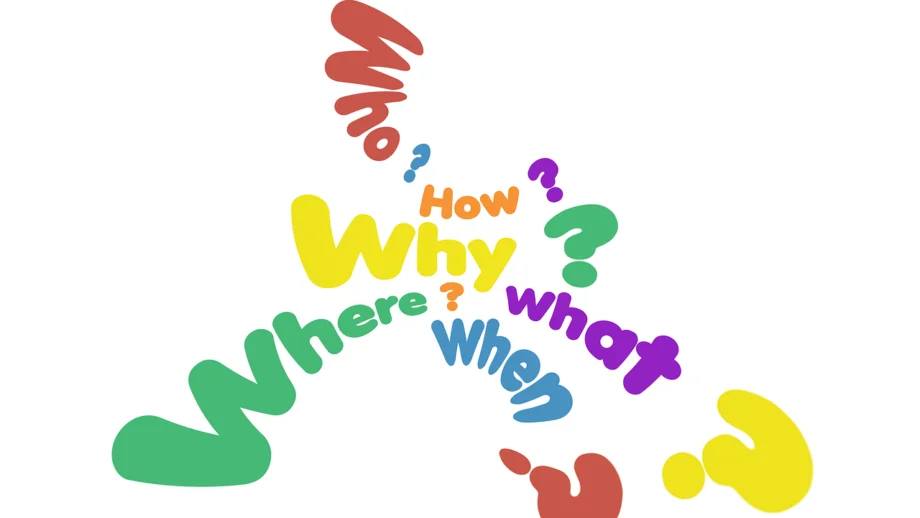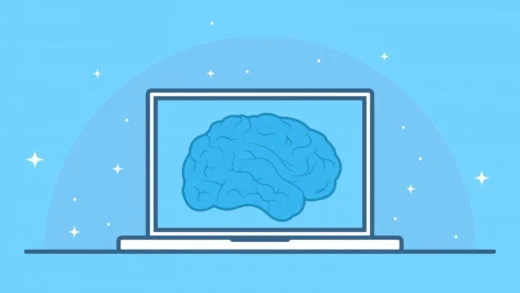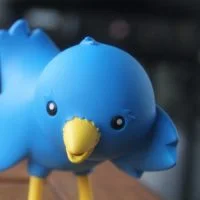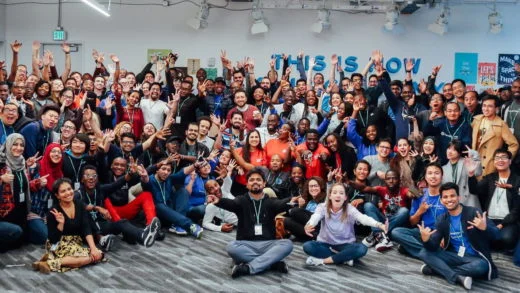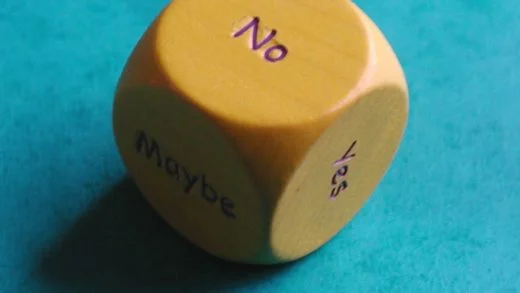Curiosity is the reason why most of the breakthrough discoveries and remarkable inventions have happened throughout history. In the absence of curiosity, there would not have been an impulse to seek new information or experiences. Exploring possibilities is what defines human nature and thus curiosity is an integral part of us. But as we grow older, we become more passive and start limiting ourselves to newer ideas. Thus, we need to cultivate a process and this post talks about how to develop curiosity and make the most out of it.
Benefits of curiosity
Before diving into the steps for how to develop curiosity, let us first look at why we need curiosity in the first place. The benefits include:
- Innovation: An active mind is always looking for answers and brings newer ideas to the table
- Fewer decision-making errors: Since a curious person has done some research, they are likely to make lesser errors, and are also less likely to fall prey to confirmation bias.
- More communication among teams: Curious people tend to discuss a lot. This increases the performance of teams since there are more open discussions and people listen carefully to one another. It can also lead to reduced group conflicts.
How to develop curiosity?
Now that we understand the benefits of curiosity, let’s look at steps that you can take to develop it.
1. Keep an open mind
We often assume that we know how everything works and that we have seen it all. That attitude is the biggest killer of curiosity and is the first step in developing curiosity. Pretending that we are children and not associating past experiences can help in grasping a better understanding of things.
We should not rely on assumptions and be prepared to learn, unlearn, and relearn.
We should also be prepared to accept the possibility that the things that we already know might be incorrect. Trying to look at things without as much bias as possible helps improve our decision-making capabilities. Bias also leads us to categorizing things as “boring” which is a curiosity killer.
2. Question everything relentlessly
Life is full of questions that we do not know the answers to. Notice things and asking questions around them and their existence brings in an element of fascination and inquisition. Instead of taking things for granted, we should dig deeper to have a better idea of what is beneath the surface.
The best questions are open-ended ones. Try and ask more of “Why?”, “What if…?” and “How might we…?” questions. Also, be willing to ask dumb questions. Most of the time we assume that the question is dumb, even though it might not be. And even if ends up being one, it can still lead to an interesting conversation.
There is nothing wrong with not knowing everything. But not asking the question is probably a bad decision.
Do you know why the sky is blue? Why the water is wet? How is electricity transmitted? Why the earth is round? Why is the fire hot? What causes the seasonality around the year? Why is red the most eye-catching color? What if you could stop time whenever you wanted to? How might we get an answer to all these questions?
What can I learn from this? is a question that brings in a perspective that we might not have thought of otherwise. This is one question that can drastically increase our curiosity if we ask it of ourselves after doing something. It can also help prepare us for unexpected outcomes of an event.
3. Diversify your interests
We often romanticize curiosity in children and always use the phrase “They have not been tainted by life’s experiences yet”. But creativity is not cultivated in a void.
Successful innovators are usually ones who are able to amass vast amounts of knowledge, often in various fields. They are then able to draw on this knowledge unthinkably. Once they have that mastery, they focus on rewriting their domains, mixing and remixing thoughts, ideas, and themes. Since they have knowledge about different domains, they are able to easily make analogies and spot patterns leading to creative breakthroughs.
There are many names given to this process. Here’s Elon Musk explaining first principles:
We should therefore become experts who are interested in everything. It is good to be a master of a few things, but breadth is important too. To really ignite knowledge, we need to have the thought process of being able to reason from different perspectives and also being able to collaborate with people with different specializations.
If listening to music is your favorite hobby, try switching to reading a book. Go out and explore the world, from your neighborhood to a new city. Watch a documentary if you have never watched one, or maybe a foreign movie. New experiences help activate our minds in ways other things cannot. And active minds are the best answer to “how to develop curiosity?”
4. Find solace in discomfort
Trying something new can be scary. But we have to become comfortable in that discomfort in order to embrace curiosity. Staying in our comfort zone is easy. But it kills our curiosity and runs our creative juices dry. The more curious we become, the less afraid we are to try newer things. And the better understanding we have of things around us. If we are afraid of doing something, we should focus on its positive outcomes.
What are you waiting for? Go out and try something new, and ask questions around it, and be amazed by every day things! And leave a comment below about what you find.
“I have no special talent. I am only passionately curious.” – Albert Einstein

